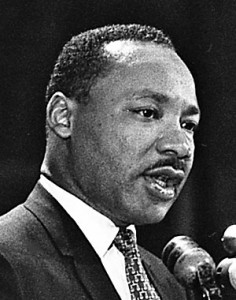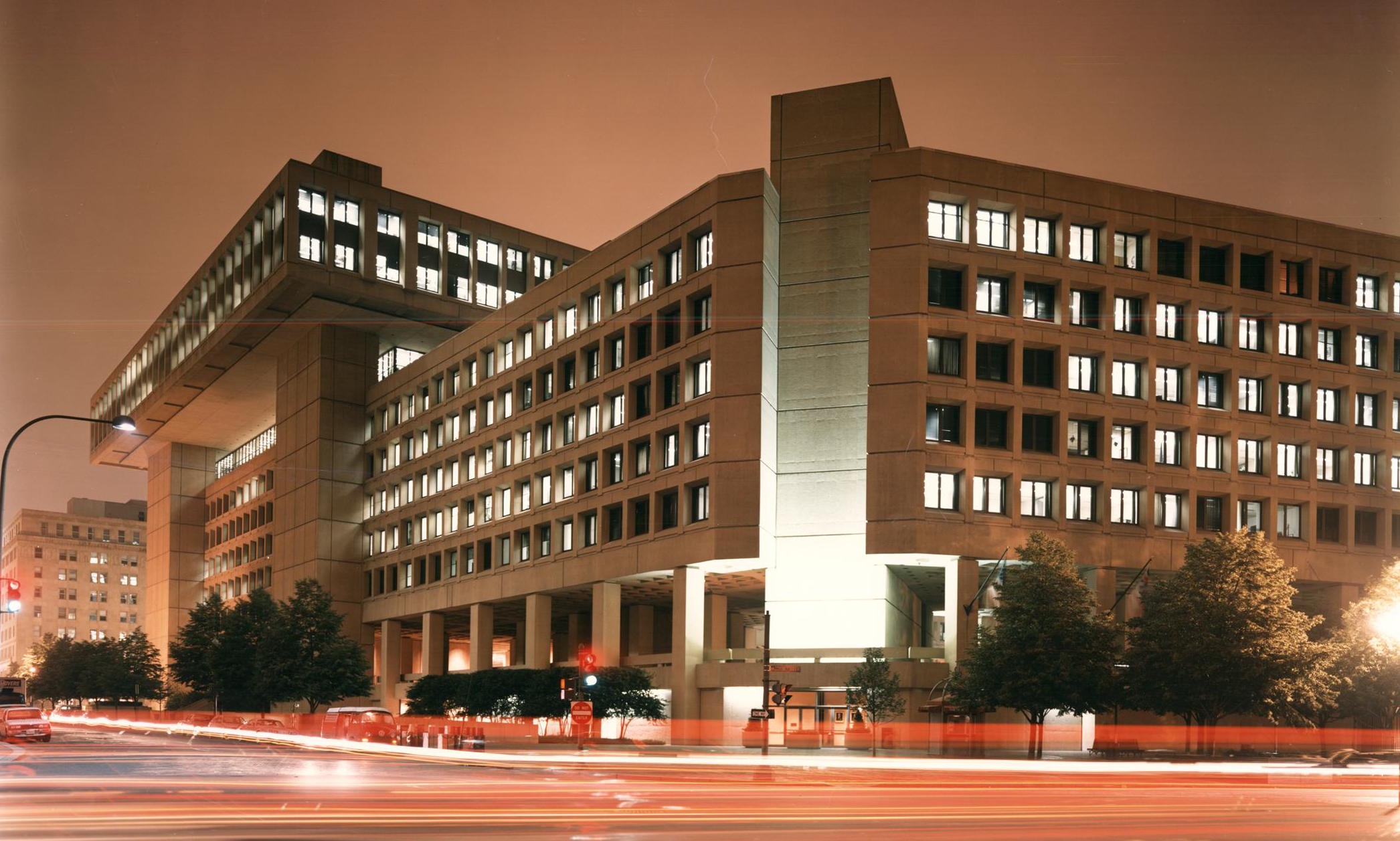 By Steve Neavling
By Steve Neavling
ticklethewire.com
Two days after Martin Luther King Jr. delivered his famous “I have a dream” speech in August 1963, the head of FBI domestic intelligence called the civil rights leader “the most dangerous” American for “national security.”
The FBI believed King was working with foreign communists, and the attorney general approved wiretaps of his home and offices.
Slate reports that “the lessons of the King scandal should weigh heavy on our minds.”
There is a myth in this country that in a world where everyone is watched, everyone is watched equally. It’s as if an old and racist J. Edgar Hoover has been replaced by the race-blind magic of computers, mathematicians, and Big Data. The truth is more uncomfortable. Across our history and to this day, people of color have been the disproportionate victims of unjust surveillance; Hoover was no aberration. And while racism has played its ugly part, the justification for this monitoring was the same we hear today: national security.
Slate wrote that wiretaps and other surveillance, such as encryption, remain a problem following the revelation that the NSA and DEA were logging phone calls of innocent people.
That’s one reason why, Slate argues, the treatment of King must never be forgotten – because the pattern of surveillance continues on innocent people.





